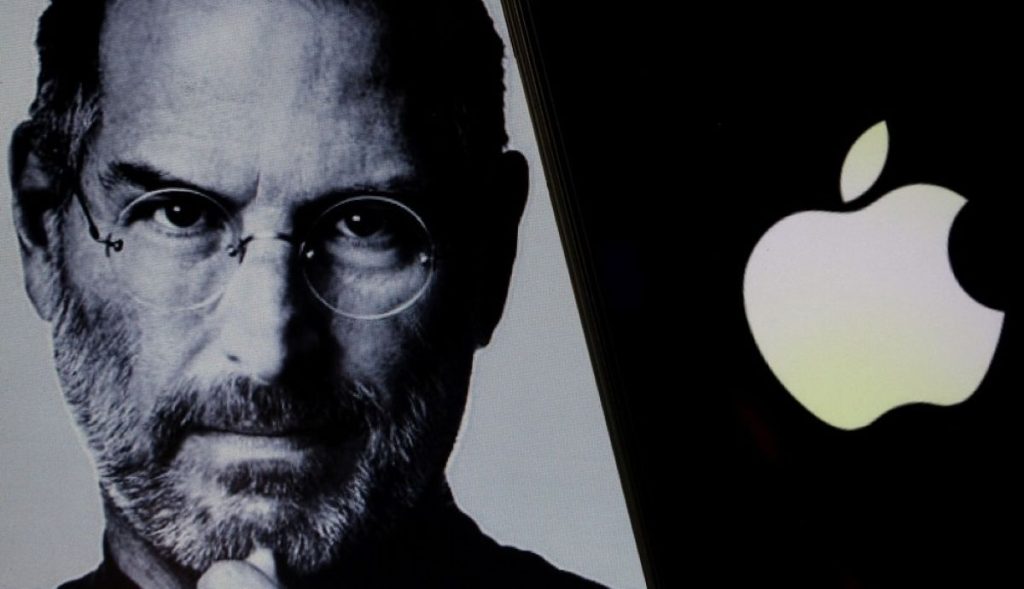Apple’s late co-founder often spoke about intelligence in unconventional terms.
Decades after his death, his hiring philosophy is resurfacing as a counterpoint to today’s AI-dominated workplace debates.
Others are reading now
Apple’s late co-founder often spoke about intelligence in unconventional terms.
Decades after his death, his hiring philosophy is resurfacing as a counterpoint to today’s AI-dominated workplace debates.
Looking beyond resumes
Steve Jobs is widely regarded as one of the most influential technology leaders of the 21st century. As elEconomista.es recalls, his vision helped turn Apple into one of the most admired and profitable companies on the planet. Former colleagues frequently described him as someone who viewed problems — and people — in ways that defied standard corporate thinking.
During his years running Apple, Jobs surrounded himself with teams that pushed the company to unprecedented heights. According to elEconomista.es, this success stemmed partly from his hiring priorities: he did not look exclusively for elite academic backgrounds or high IQ scores.
Instead, Jobs believed conventional measures of intelligence were merely starting points. What mattered more, he argued, was a quality that revealed whether someone could rise above routine problem-solving.
Seeing the bigger picture
In interviews and public remarks, Jobs emphasized that true intelligence involved stepping back from immediate obstacles to understand the wider context. ElEconomista.es highlights his insistence that individuals who can frame problems differently are the ones who ultimately propel innovation.
Also read
During a 1982 address at the Academy of Achievement, he illustrated the concept this way: “Intelligence is like viewing a city from the 80th floor, because while others try to figure out how to get from point A to point B by reading absurd maps, you can see everything.”
Jobs often argued that this broader vision allowed people to make connections others overlooked — links that might appear obvious only after someone with perspective points them out.
Perspective over memory
While many assume that intelligence is tied to memory or the ability to retain information, Jobs’ approach ran counter to that belief. As the elEconomista.es report notes, he prized those who could detach from a problem and analyze it from a fresh angle rather than simply follow instructions.
For him, big-picture thinking was not an abstract ideal but a practical skill. It determined who could innovate, who could simplify the complex, and who could see opportunities hidden behind immediate challenges.
Why it still matters
Jobs’ view aligns with ongoing discussions about the future of work. As AI grows more capable of processing information and executing routine tasks, the human advantage increasingly lies in the ability to combine context, creativity and interpretation — traits central to the kind of perspective Jobs championed.
Also read
What remains uncertain, however, is how companies will evaluate these qualities. Unlike test scores or technical certifications, perspective and pattern-recognition are harder to measure, more subjective, and often emerge only when people face unpredictable challenges.
Sources: elEconomista.es; Academy of Achievement


